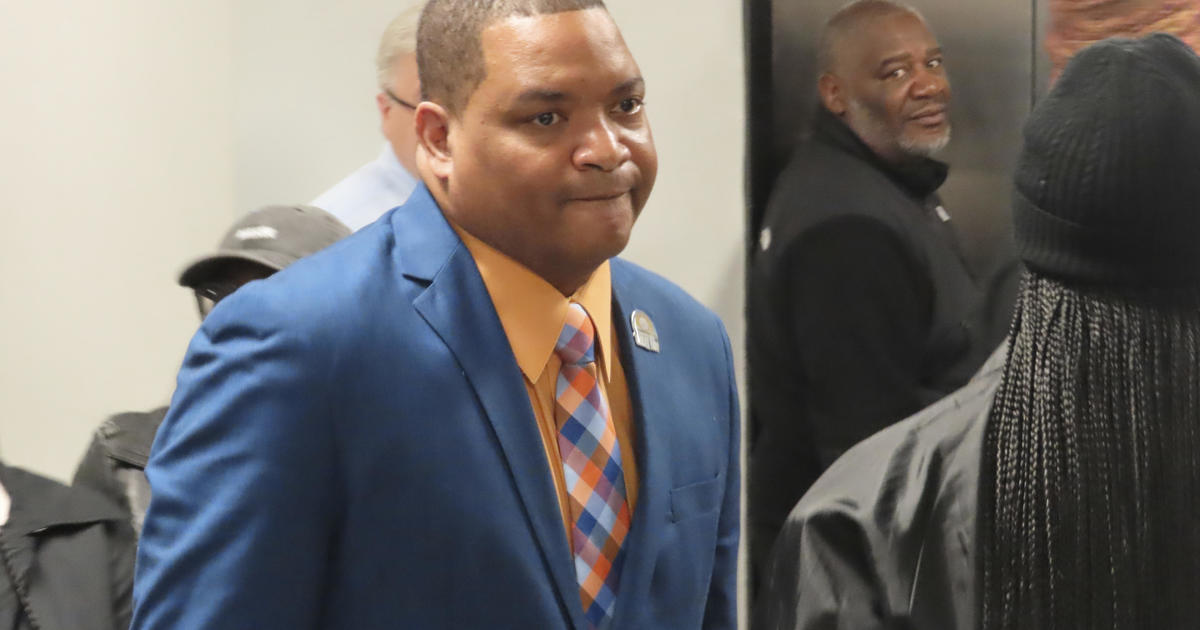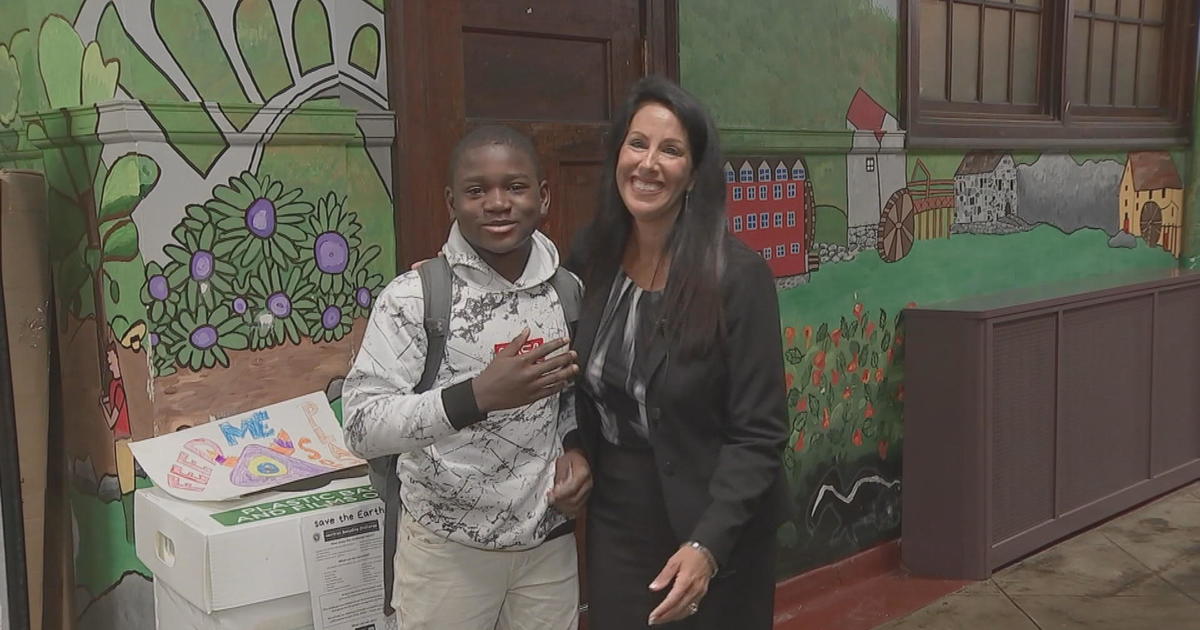Study: Want To Learn Something? Spark Your Curiosity First
PHILADELPHIA (CBS) – Whether it's psychology or art history, you learn better when you're curious about something -- anything -- before hitting the books.
That's the takeaway from a new study published in the journal Neuron.
During the research, participants were reportedly asked to rate their level of curiosity to learn the answers to numerous trivia questions.
At a later time, the study subjects were shown the trivia question again, and there was a 14 second delay period before the answer was shown. During that delay, subjects were shown a picture of a neutral, unrelated face. Afterward, the study participants performed a surprise memory recognition test for the faces shown, followed by a test on the answers to the trivia questions. Their brains were also scanned by MRI at certain points during the test.
Perhaps unsurprisingly, scientists found that participants who were very curious about the subject of the trivia question performed better on the memory tests. But once their curiosity was piqued, those people were also better able to learn information about unrelated subjects they're weren't overly curious about – and retain that information for at least 24 hours.
"Curiosity may put the brain in a state that allows it to learn and retain any kind of information, like a vortex that sucks in what you are motivated to learn, and also everything around it," explained Dr. Matthias Gruber, of University of California at Davis, in a press release.
Furthermore, having their curiosity sparked increased activity in the brain circuit related to reward and in the hippocampus, which is important for forming new memories.
"So curiosity recruits the reward system, and interactions between the reward system and the hippocampus seem to put the brain in a state in which you are more likely to learn and retain information, even if that information is not of particular interest or importance," said principal investigator Dr. Charan Ranganath, also of UC Davis.
The researchers say their findings could be significant for everything from getting students motivated in the classroom to treating memory disorders.
Check Out These Other Stories:



